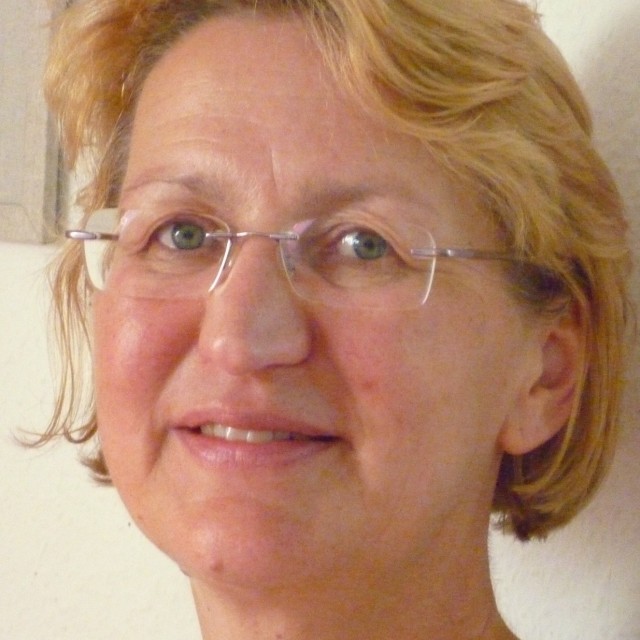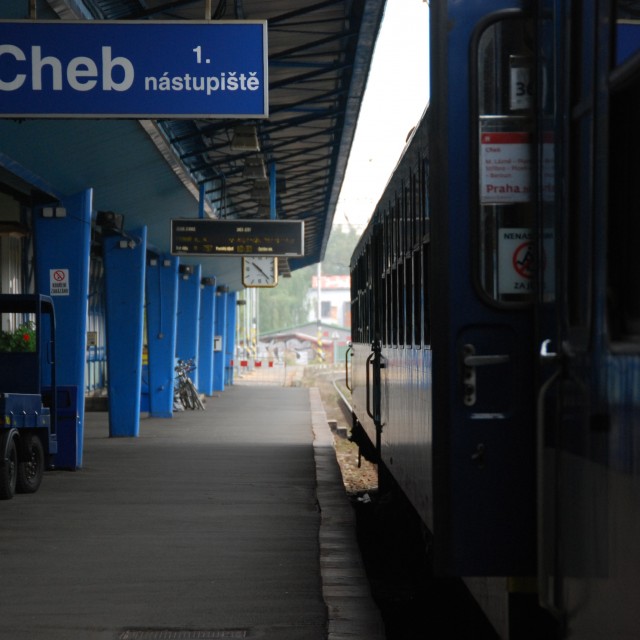Stomach pain at the border
Ruth Kollinger was allowed to travel to Czechoslovakia from time to time, despite the fact that her family had emigrated to the West. She remembers the stomach pain these trips would always cause her, especially in Cheb: “And then you arrived in Cheb and you were left to stand and wait there at least for an hour. The train was searched, police and customs officers went ransacking through our things. They’d search our baggage very carefully and they’d always ask if there was anything else you wanted to declare. Once they also searched my backpack. I didn’t even have a heavy backpack. I asked the customs officer if she could kindly help me put it down. ‘Nope!’ They were very, very rude and unpleasant to deal with. They were really nasty, outrageous even. They had the power so they could do whatever they liked. So after half an hour or maybe an hour, the others were allowed to board the train.”
Hodnocení
Abyste mohli hodnotit musíte se přihlásit!
Strecken
Diese Geschichte ist in keiner Strecke.
Kommentare

Ruth Kollinger
Ruth Kollinger was born in 1960 in Prague. Eight years later, her parents decided to leave Czechoslovakia. The four-member family emigrated in the fall of 1968 in their Fiat 500 to Germany, where their integration was very much trouble-free as they had many relatives from the maternal side already living in the West. A few years later, Ruth Kollinger visited Prague again and fell in love with a young man there. As he was a member of opposition circles and planned daring escape plans, she decided - despite being separated now - to marry him, so that he could legally come to Germany. A good friend of hers eventually even married his brother, who was also able to come to Germany in this way. After a short time, all four got divorced again, but in this way two people could live out their desire for freedom, without putting themselves in danger. After the political changes the parents of Ruth Kollinger returned to Prague but she stayed in Germany near Nuremberg, where she now works at the municipal history museum, frequently returning to visit her hometown.



